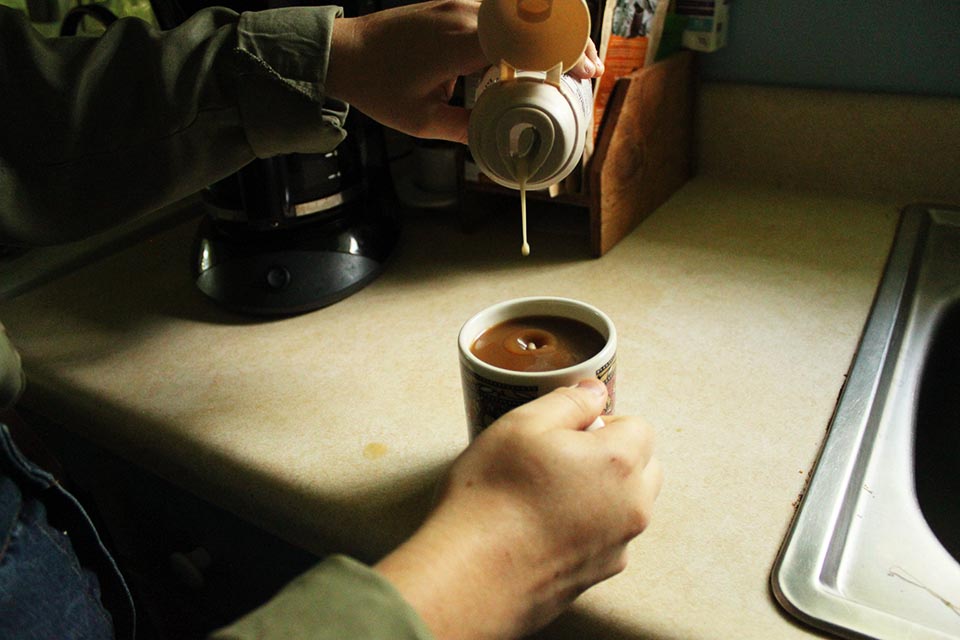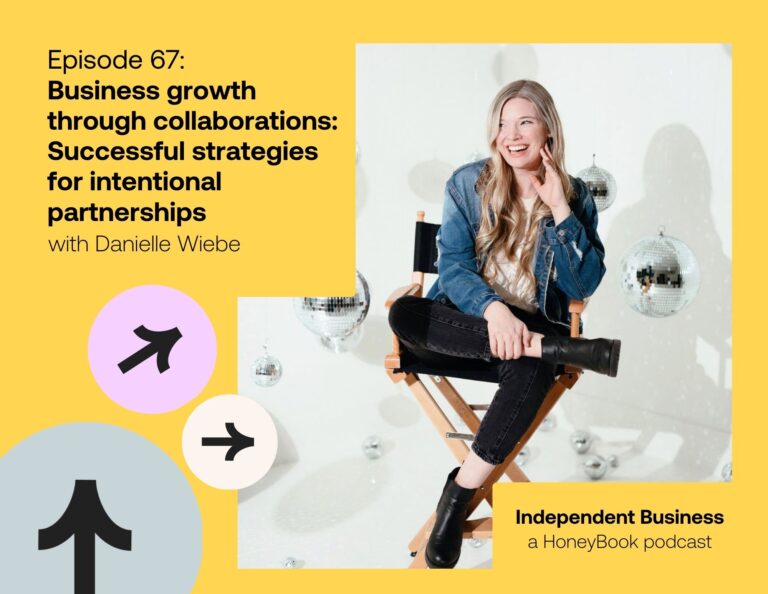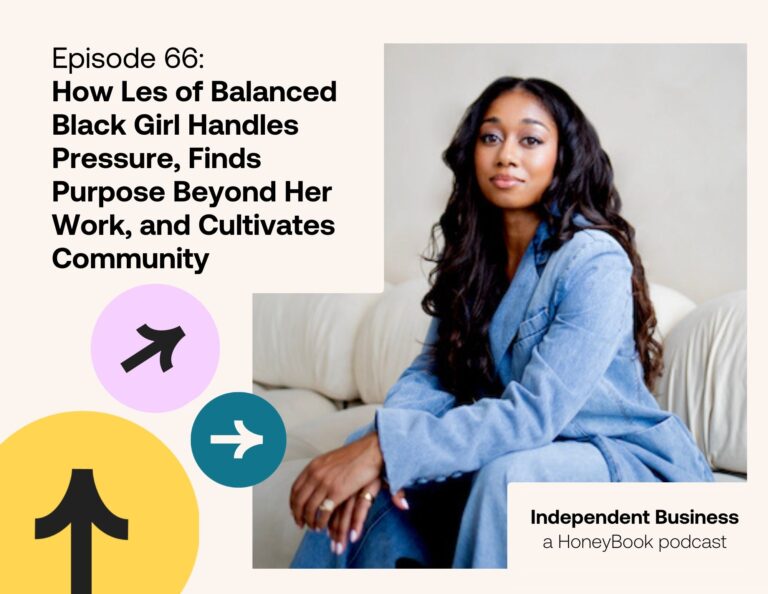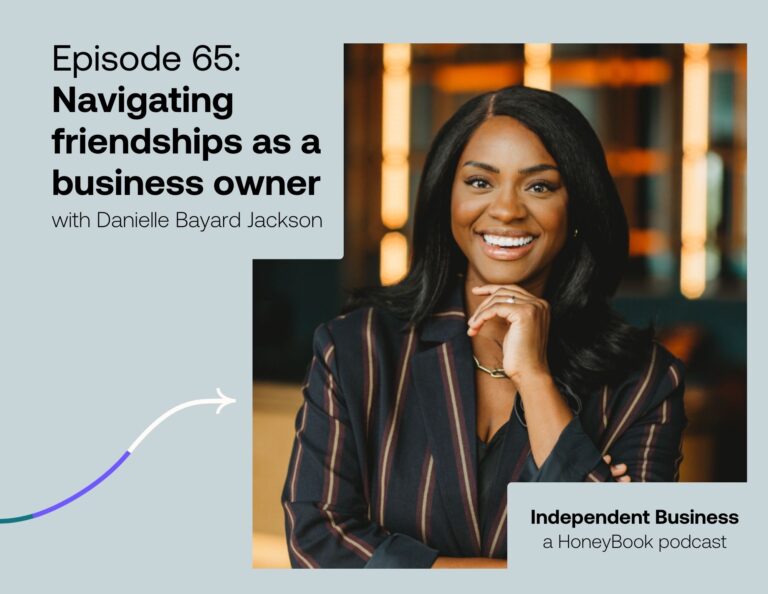
You may be wondering why one would even need a Freelancer’s Guide to Planning for Rest. There are so many benefits to being a full-time entrepreneur or freelancer: the ability to do what you love for a living, creating your own work schedule, developing long term relationships with clients, etc. But, no one talks about how stressful it can be when you are responsible for every aspect of running your own business.
There is creating and posting content, responding to client inquiries, bringing in new clients and leads, finishing projects on time, being your own accountant and secretary, setting up a workflow system for automated emails, newsletters, and responses, and more… just to name a few. We’ve all heard that rest is “good,” but who has time for rest when you are responsible for literally everything?
The Freelancer’s Guide to Planning for Rest
Are you too busy to rest?
The biggest obstacle for entrepreneurs and freelancers especially in the creative industry is time. Maybe you’re running behind on a deadline or you’re in the midst of several big projects. You have to plan for rest like you plan for everything else. That’s why you need a Freelancer’s Guide to Planning for Rest (plus a “rest” reading list) to help you on the journey.
Here are some ways to make time for rest when you feel like you’re too busy.
- Schedule a break ahead of time.
- Schedule a weekend off 3 months ahead of time and stick to those dates.
- Let your clients know early about the period of time that you’ll be unavailable.
- Pre-schedule your blog, social media, etc so you’re not tempted to “work” during your time off.
- Set boundaries. Decline work that weekend or offer alternate dates. Say you’ve made a prior commitment that weekend but you’d be happy to schedule a meeting, photography session, Zoom, etc. at another time.
Why should you plan for rest as an entrepreneur?
Once you’ve overcome the roadblock of time…the next hurdle usually looks something like “why should you spend that time planning?” Couldn’t that same time be spent doing something more productive? For example: content creation, website maintenance or something else equally productive?
Rest prevents burnout and increases the quality of your work. Without a plan, you won’t know if you’re meeting your goals, growing or accomplishing the tasks that really need to be done. Working without a plan is like working blindly. Your time is too valuable for that. Some things to think about as you plan for the year ahead:
- What events are coming up that you want to attend? This could be personal/professional. Make a plan for that best friends 30th birthday coming up and for the yearly conference you want to attend.
- Business goals: Do you want to increase the number of clients or projects you have? Do you need to rebrand? Increase the quality of what you’re offering? Learn some new skills?
- Set 3-5 goals for the year and set monthly tasks throughout the year to help you meet them. And if yearly goals seem too daunting at the moment start with a word or intention or theme and go from there.
Give yourself extra time
Another struggle when it comes to taking time off- the post break hangover. Not a literal hangover but that back to reality whiplash the day you get home from your weekend getaway. There’s a solution for that problem that involves the same steps setting aside the time for rest: planning. Build an extra day into your vacation for “catching up.” Some things to do on your catchup day:
- Unpack/ do laundry.
- Go through emails and flag the most important for follow up.
- Meal plan/grocery shop for the upcoming week.
- Make a to do list or use a weekly planner.
2020 may feel like the year that chaos became the new normal. The year that the whole “work life balance” thing became a joke. But the rest that’s needed to sustain you and your business hasn’t changed. Rest is still an essential, not a luxury. And a Guide to Planning for Rest is where you need to begin.
This pandemic has in so many ways come along and thrown all semblance of routine out of the window. Your work week and weekend have likely blurred together as you’ve learned to work in the margins. While the days and hours have blurred together, we as freelancers and entrepreneurs and creatives still need distinct boundaries for working and resting.
A Freelancer’s Guide to Planning for Rest – A Reading List
As a writer and content creator, one of my favorite ways to get some down time is to read a good book. And if you’re taking time off soon, you might as well pick up a good book. But if you’re still not sold on the importance of rest then these are definitely worthwhile reads.
- Do Pause: You are not a to do list- Robert Poynton
Do Pause from the “Do” series is a short easy read that is research backed. Also, I can’t recommend the books from this series enough. I especially loved the one on design and story.
- How to do nothing: resisting the attention economy- Jenny Odell
For those of us burnt out by digital devices who need to reconnect with ourselves and the environment (I’m guessing this is most of us) this is a must read.
- The Power of Rest: Why sleep alone is not enough- Mathew Edlund
This book addresses the four pillars of rest- physical, mental, social and spiritual. It is written by a physiatrist and expert on sleep medicine and includes a 30-day plan to reset your rest habits.
- Present over perfect- Shauna Niequest
Not necessarily written on the topic of rest specifically, but this book part memoir, part devotional, addresses the frantic pace of life most of us have accustomed ourselves too and how to live more soulfully.
The world of business owners never stops moving and its far too easy to skip your lunch breaks, and work late nights and weekends. But rest is vital. For your health, creativity, and sanity. It’s my hope that this Freelancer’s Guide to Planning for Rest can help foster rest in your life.
Bad working habits are created easily. This new year let’s make rest a part of our work processes and working goals. Our clients, families, health, work and lives will thank us. The “work life” balance may still be elusive but work and rest don’t have to be.




